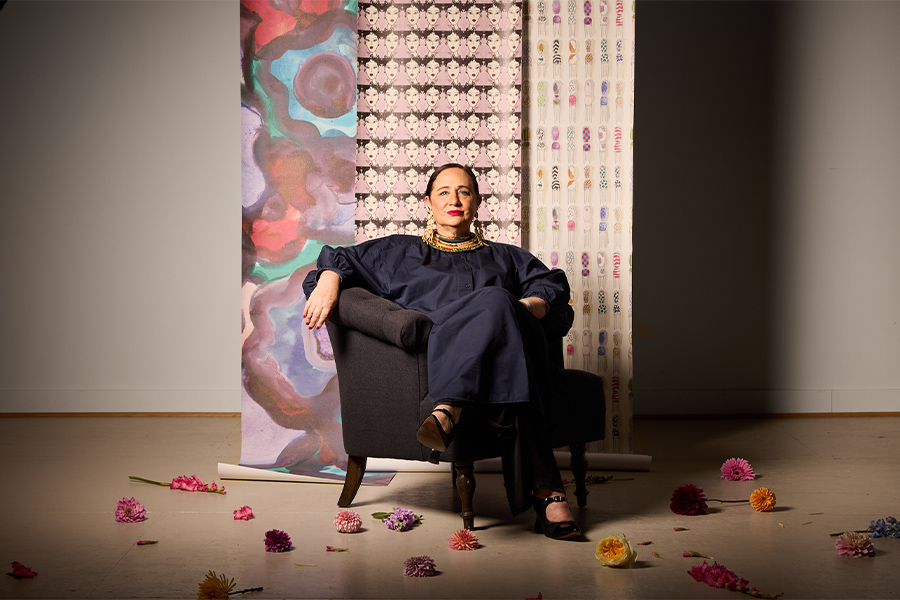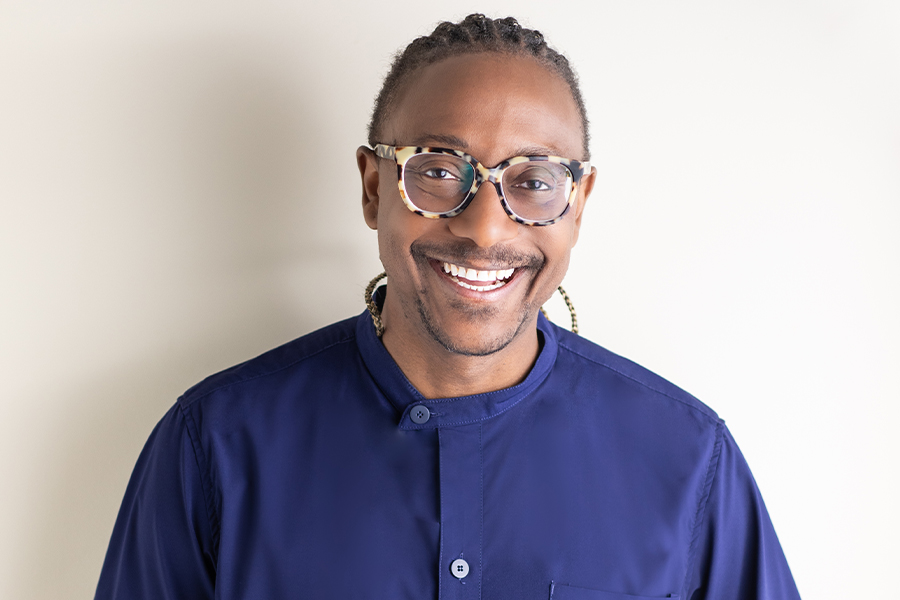When YOTEL launched in 2007, it challenged the industry to imagine a hotel room with everything you need and nothing you don’t. Its success has proven that a small footprint need not skimp on luxury, and chief development officer Rohan Thakkar wields these same principles to steer the pioneering brand toward even grander innovation. Here, he discusses YOTEL’s longevity, its booming decade, and the brand’s future in the Middle East.
What drew you to YOTEL in 2013?
I thought it had a lot of traction. It was obviously still very much something that everyone talked about. They had gone with micro-rooms, it seemingly had a Japanese influence, it was a British company, it had robots. It was trying to really take everything that I personally thought was relevant.
To what do you attribute the brand’s success in the last decade?
We’ve gone from, when I joined, one city hotel and three airport hotels to now 22 global locations with another 15 on the way. The core DNA of the brand has remained the same. Our CEO has remained the same since about six months after I joined. That’s pretty important from a brand perspective, because you can see the lessons learned from the company as we’ve grown and the strategy that we set out to accomplish seven to 10 years ago has remained on track because of the same leadership.
Which YOTEL projects are you most proud of?
With YOTEL Air, we were inspired by first-class airline travel, so the natural place to start was in airports. We started in Heathrow and Gatwick, and Amsterdam. Now we’re in Paris. We have one in Istanbul, one in Singapore, and we’re working with a few other major global airports. We’ve also added YOTELPAD, which is our residential micro-living concept. We’ve taken the key design elements of YOTEL and put them into these hotels.

A rendering of the café area at YOTEL’s flagship Ginza property, its first Tokyo location
How has your clientele changed?
We’re seeing if you were typically staying in a luxury hotel, you’re downgrading perhaps to a YOTEL because it’s a bit of a unique concept. It’s got everything you need, but it’s obviously a bit more affordable. Likewise, we’ve seen that the budget brand travelers are going up to a YOTEL and seeing that they want to try something different and unique.
YOTEL will open the first hotel in Oxagon, part of the forthcoming NEOM development in Saudi Arabia. What can you tell us about the project?
You wouldn’t think on paper that the Middle East would be receptive to a concept like YOTEL because of the room sizes. But the reason we didn’t grow so fast in the U.S. to start was we wanted to see how the U.S. would react. Our view on the Middle East is the same. The customer coming to stay in NEOM is very specific for that development. We’ll be the first hotel there, and therefore our assumption is they’re not coming for a holiday. They’re coming very much for corporate reasons. We’re going to break the mold in the Middle East and do something different.
Do you have a dream YOTEL project?
A YOTEL Air-type concept connected to hospitals. When you’re in a hospital, it’s not always a negative experience. You actually could be there for a positive reason, so there’s always a need for a place to sleep for a few hours or a short period of time. The other side of things is really rolling out the YOTELPAD in ski mountains. It’s an absolute no-brainer.

YOTEL will open as the first hotel in Oxagon, part of the forthcoming NEOM development in Saudi Arabia
This article originally appeared in HD’s February/March 2023 issue.


